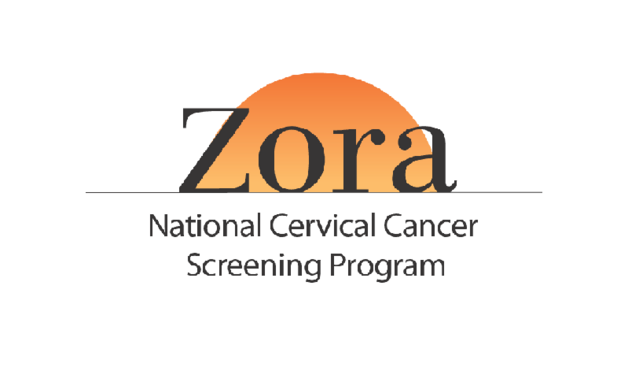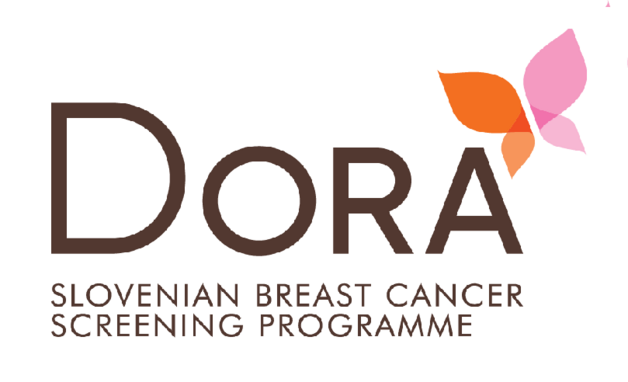About us
Cancer Screening in Slovenia
About Cancer Screening
Cancer screening is designed for healthy individuals who are invited to participate in a screening test. Its purpose is to detect pre-cancerous or early cancer changes before any symptoms appear. A positive screening result does not necessarily indicate the presence of cancer but may suggest a higher risk, in need for additional follow-up. Early cancer detection through screening often allows for less intensive cancer treatment, greater treatment success, and an improved quality of life during and after recovery.
Organized Cancer Screening is essential
An organized screening programme specifies a target group (usually based on age and gender), a screening test (such as cervical smear, fecal occult blood test, or mammography), a screening interval (the period between screenings), and professional guidelines for follow-up care, diagnostics, treatment, and post-treatment monitoring based on screening results. The screening method depends on the type of cancer, age and gender of the target population, as well as other characteristics of the individual related to cancer risk.
No screening test is 100% reliable, so it is important to remain aware of potential cancer signs, even after a negative screening result. If you notice any suspicious symptoms, contact your primary care physician promptly. More frequent testing or unverified screening methods are not recommended.
Cancer Screening Programmes in Slovenia
Slovenia has nationally established three evidence-based cancer screening programmes:

ZORA Programme
for early detection of cervical precancerous and cancerous changes.

DORA Programme
for early detection of breast cancer

Svit Programme
for early detection of pre-cancerous and cancerous changes in the colon and rectum
The ZORA and DORA programmes are managed by the Institute of Oncology Ljubljana, while the Svit programme is administered by the National Institute of Public Health. All three programmes are well-regarded by the public, consistently achieving high participation each year and showing highly encouraging results. Slovenia ranks among the most successful EU countries in terms of cancer screening participation and outcomes.
Each year, around 400,000 of Slovenians participate in these programmes. Most participants exhibit normal screening results, with only a small number found to have pre-cancerous or cancerous changes requiring treatment. At the population level, organized population-based screening programmes aim to reduce the number of cancer deaths, which is achieved by detecting and treating cancer at an early stage. Additionally, detecting and treating pre-cancerous changes decreases the incidence of new cancer cases. Due to the natural evolvement of cervical and colorectal cancer, pre-cancerous changes are detected in the ZORA and Svit programmes.
The ZORA, DORA, and Svit programmes have saved many lives, and the Institute of Oncology Ljubljana strongly recommends participation in those programmes.
Introducing New Cancer Screening Programmes
The implementation of an organized screening programme is a complex and responsible endeavour. The success of existing screening programmes, combined with the increasing cancer burden and rapid advancements in science and technology, drives both capability and demand for new programmes. To accelerate desired outcomes, several European countries have introduced opportunistic screenings, which, unlike organized screenings, often fail to meet quality assurance standards. These screenings may yield limited benefits or disproportionate ratio between harms and advantages.
Screening programmes involve large numbers of healthy individuals to identify a small number of cases, making it scientifically and ethically essential to be organized and comprehensive to meet strict screening criteria. This approach ensures a careful balance of benefits and potential harms at both the individual and population levels.
In Slovenia, proposals for new screening programmes are evaluated and guided by the National Screening Commission, operating under the Ministry of Health. The Oncology Institute of Ljubljana leads two key projects to prepare for pilot implementation of screening for lung cancer (LUKA project) and prostate cancer (PETER project) in Slovenia. We are actively involved in major European cancer screening initiatives and projects, helping shape international screening policy and development. We work closely with the International Agency for Research on Cancer at the World Health Organization (IARC-WHO), various European Commission entities, and leading international experts. Through international projects and close collaboration with WHO Europe, we share our expertise with other countries.

